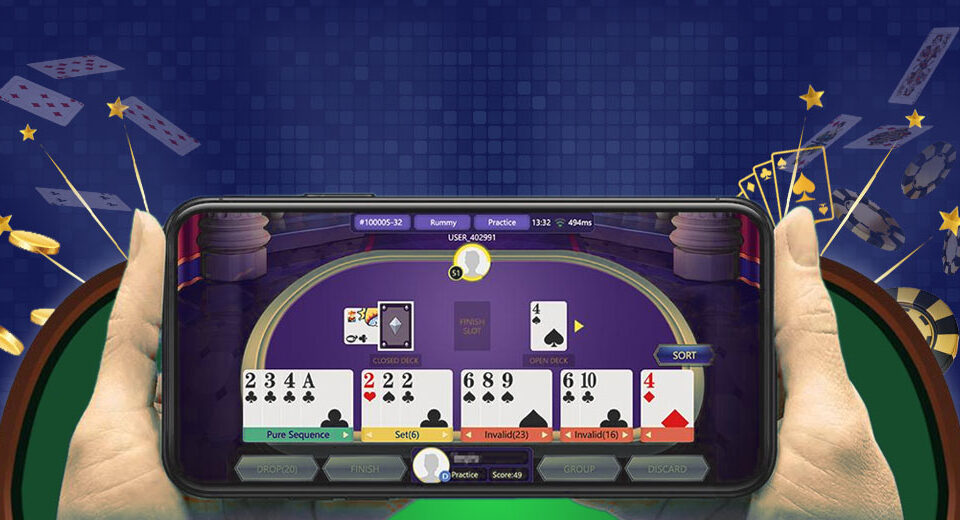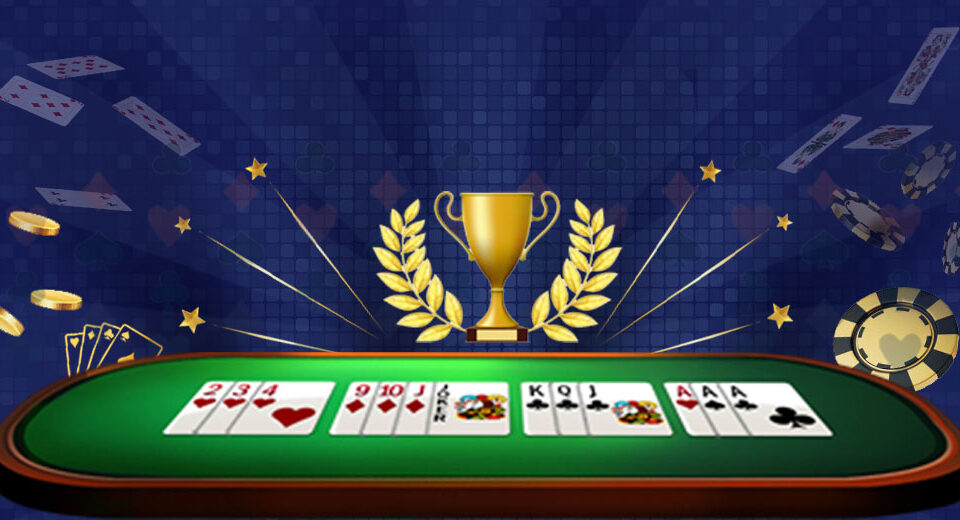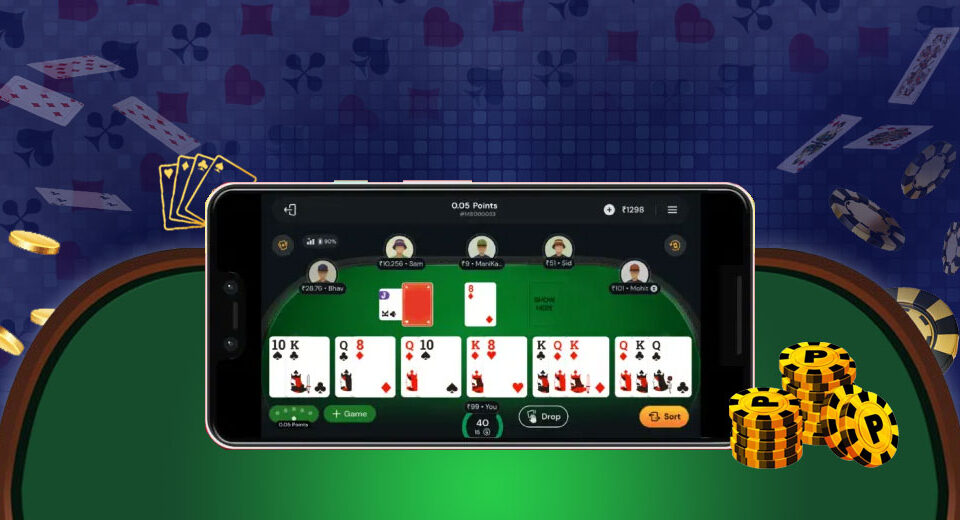Mastering Time Management in Rummy Tournaments
In the competitive world of online rummy games, managing your time efficiently can be the difference between progressing in a tournament or being left behind. Unlike casual matches, rummy tournaments follow a stricter timeline where every move counts. Players often overlook the crucial role time plays in influencing decisions, reading opponents, and organizing cards quickly. Effective time management allows for better concentration, fewer mistakes, and more confident gameplay. This guide explores how players can improve their performance by mastering the clock during intense Indian Rummy card game tournaments.
Whether you're a beginner or an experienced participant, learning how to manage your time in each round, between hands, and across the entire tournament session will help elevate your game. Let’s discover the techniques that help seasoned players stay ahead, stay calm, and stay consistent throughout every phase of the competition.
1. Familiarize Yourself with Tournament Structure
Every tournament format—be it points, deals, or pool—operates on specific timing rules. The countdown timer per move varies, and understanding this beforehand ensures you’re never caught off guard. Knowing how many rounds to expect, when breaks are scheduled, and what the disqualification rules are allows you to plan your mental and physical energy accordingly.
Stay updated with the official tournament guidelines before joining. Being fully aware of your environment and structure is the first step to managing your time well during an Indian rummy online tournament.
2. Develop Pre-Match Routines
Just like professional athletes have warm-up rituals, rummy players benefit from mental routines before high-pressure matches. Dedicate a few minutes before each game to settle into your space, eliminate distractions, and mentally rehearse your strategy. These moments can greatly reduce reaction times during play.
Quick card sorting, recalling key combinations, and preparing for common in-game scenarios saves precious seconds later. Effective routines help you transition into the focused mindset required for optimal rummy strategy.
3. Use the Initial Seconds Wisely
At the beginning of each hand, you’re usually given a short buffer before the countdown starts. Use this window to glance at your hand, start forming sets and sequences, and note any Jokers or useful cards. Most players waste this time simply observing, but proactive assessment can save seconds later.
Early planning speeds up decision-making and reduces pressure mid-game. In online rummy games, where each decision is tracked and timed, every moment used wisely counts toward your overall pace and performance.
4. Practice Rapid Decision-Making
While it’s essential to avoid hasty choices, repeated practice will improve your ability to evaluate hands quickly. Create flash-card drills with random card hands and challenge yourself to find valid combinations under a timer. Over time, your reaction speeds will improve significantly.
The key to this method is repetition and self-analysis. Record your games and observe which decisions consistently took longer. These are your time traps. Identifying and practicing these situations sharpens your reaction when real tournament moments arise.
5. Learn to Let Go
Sometimes, players spend too long hoping for a perfect card to complete a high-value hand. Holding out for that ideal draw can cost you precious time and rounds. Smart players make peace with the hand they’re dealt and optimize accordingly.
In a tournament, especially in Indian rummy, it’s often better to declare a fair hand early than wait for the perfect one and miss the timer. Train your mind to accept, adjust, and move forward with efficiency instead of waiting and losing momentum.
6. Use Breaks Effectively
Tournaments often offer short breaks. Instead of scrolling your phone or zoning out, use this time to review your performance. Mentally refresh your approach, hydrate, and stretch. Keeping your mind alert helps with sharp decision-making in the next phase of the game.
Breaks are strategic opportunities. Evaluate what worked in earlier rounds and where you slowed down. Simple reflection can create instant improvements in your rummy strategy going forward.
7. Play Time-Limited Practice Matches
Train for tournaments by simulating timed matches. Use the same countdown duration found in your preferred rummy variants and challenge yourself to stay under the limit for every move. Over time, your brain adapts to working faster without compromising quality.
These simulations mimic the pressure of real tournaments and help you build muscle memory for faster play. Eventually, you’ll find that the clock becomes a companion, not an enemy.
Conclusion – Winning Tournaments Starts with Clock Control
Managing time in rummy isn’t just a skill—it’s a game-winning tactic. The best tournament players aren’t always those with perfect cards, but those who move swiftly and smartly under pressure.
In competitive Indian rummy card game tournaments, timing isn't just about speed—it’s about confidence, control, and clarity. When you manage your time well, you not only complete more moves within deadlines but also stay mentally sharp throughout. Time mastery transforms ordinary moves into smart strategies, giving you an edge that many players underestimate.




